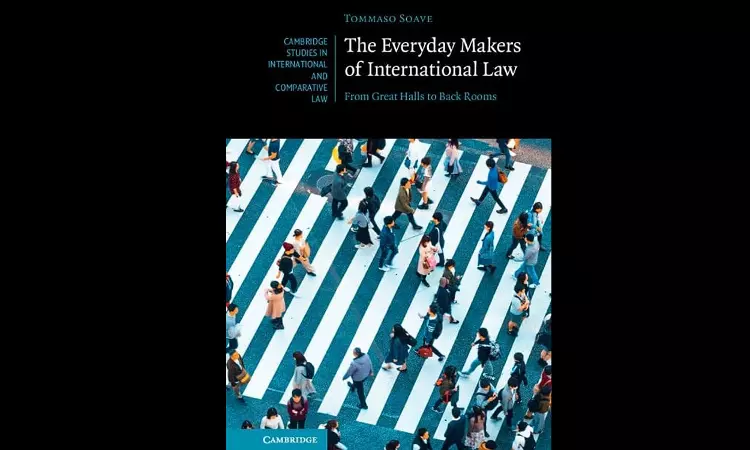Book Review - The Everyday Makers of International Law: From Great Halls to Back Rooms
Dr.Prema E & Ragul OV
22 Aug 2023 10:26 AM IST

Next Story
22 Aug 2023 10:26 AM IST
The book “The Everyday Makers of International Law: From Great Halls to Back Rooms” unveils the Inner Workings of International Courts, and the authors embark on a fascinating journey to expose the intricacies of the international judicial community. This thought-provoking book delves into the practices, interactions, and confrontations among legal professionals that ultimately...
